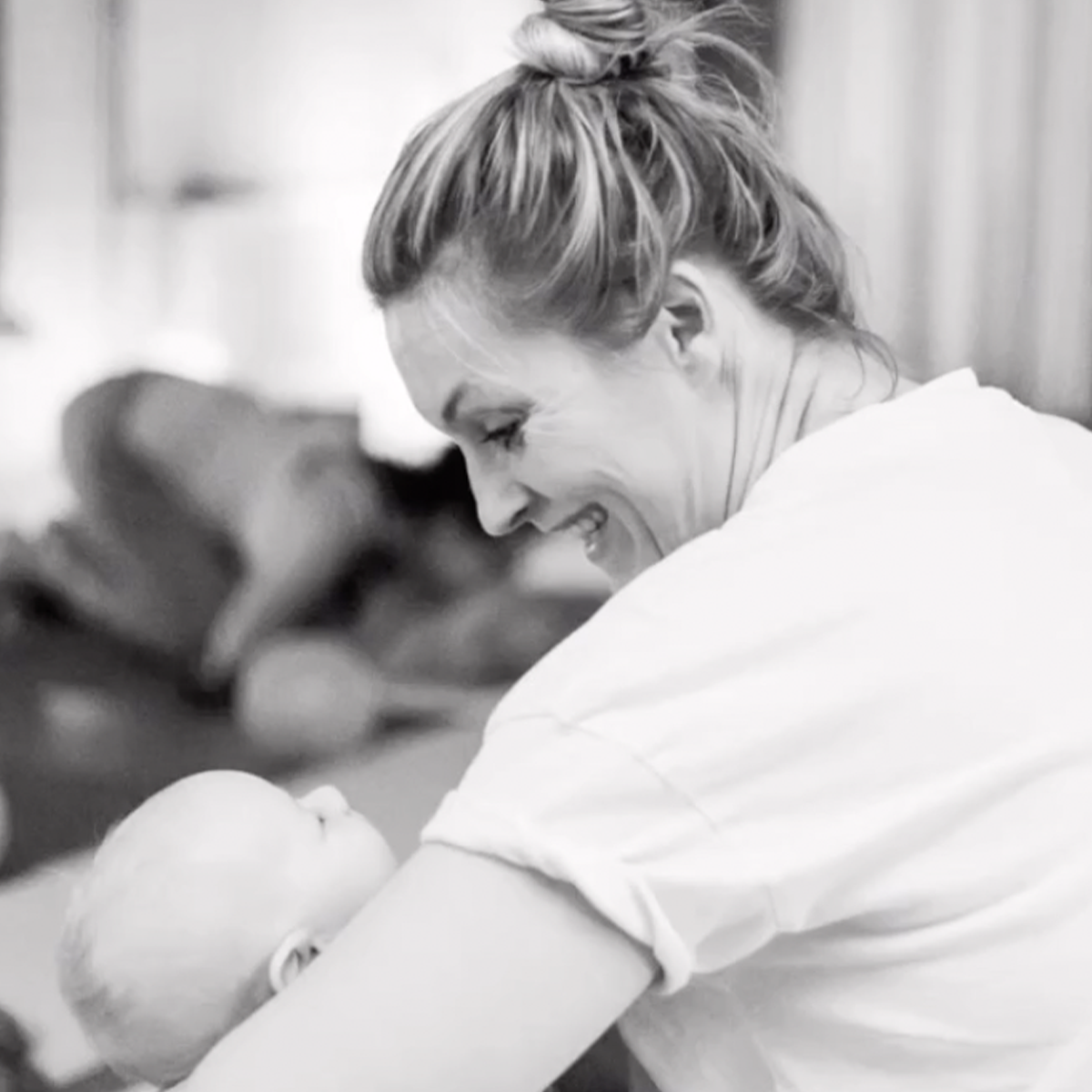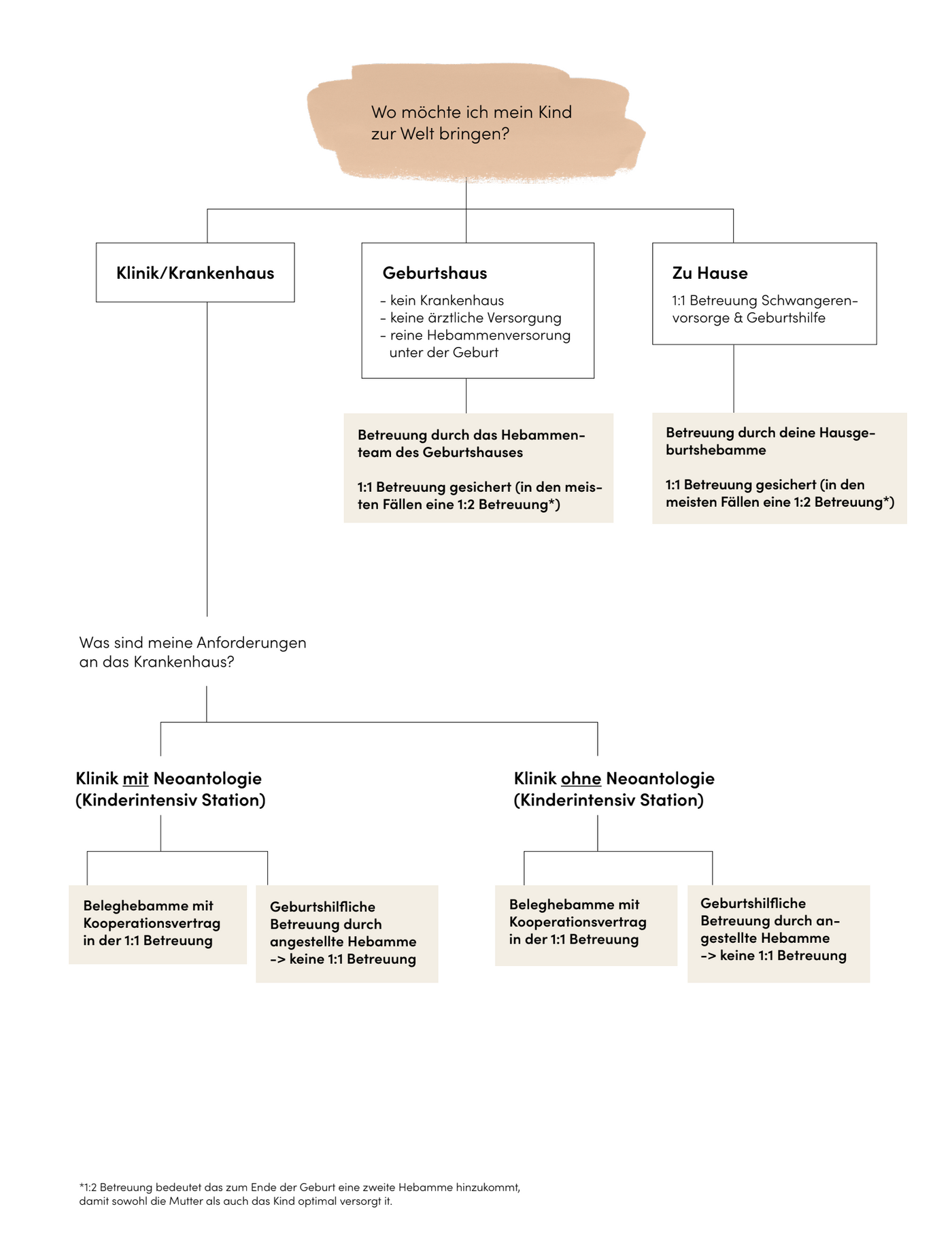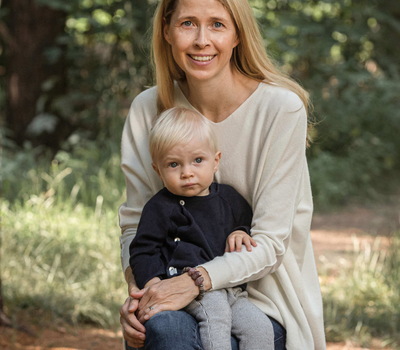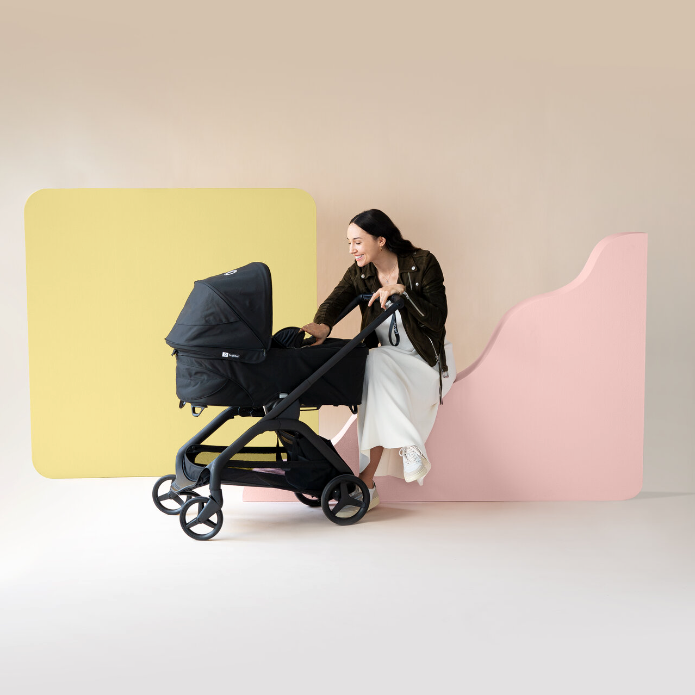To find the perfect midwife who can meet your needs, it's helpful to understand the role they play and what services they can provide.
A handy tip we'd suggest is to start your midwife search almost the moment you get that positive pregnancy test. In Germany, the situation isn't a walk in the park, and midwives, just like daycare spots, can be quite hard to come by.
How do midwives work?
Not all midwives can offer you the same level of care. We have broken it down for you here so that you can easily understand.
First of all, there are both self-employed/freelance midwives and registered midwives.
Self-employed/freelance midwives
Most midwives in Germany belong to this group. A distinction is again made between:
1) Midwives who work in prenatal care and postpartum care/breastfeeding advice
The self-employed/freelance midwife takes care of preventive care during pregnancy and postpartum care. These midwives do not assist you during labor and delivery.
2) Midwives who offer complete care (prenatal care, obstetrics & postpartum care /lactation consulting).
It is important here to note the difference between hospital and home births. Clinical obstetrics are the so-called attending midwives (see below). Midwives who only do home births carry out births in birth centers and/or perform home births.
Attending midwives
In a hospital or clinic setting, you'll find different types of attending midwives. Some are registered midwives who work in shifts, just like nurses do. They might not be with you throughout your entire labor and delivery because they're attending to multiple patients during their shift. On the other hand, there are also registered midwives who offer personalized care, or continuity of care. These midwives focus on providing personalized attention and will be with you for the duration of your labor and delivery. Both types have their own way of offering care, so it depends on what you're looking for!
Obstetrics in the shift system
You will mostly find obstetrics in the shift system in smaller hospitals without a pediatric unit. The midwives do everything themselves in terms of handling billing, insurance, etc.
In smaller hospitals lacking a pediatric unit, obstetrics units will often operate using a shift system. The midwives there don't just handle clinical care, but also take care of administrative tasks like billing and insurance on their own.
These midwives typically work 12-hour shifts. This is a bit different from other clinics where midwives are salaried employees. The longer shifts actually help provide more continuity of care during childbirth, so you're less likely to experience frequent changes in the medical staff attending to you. It's a way to ensure that you get more consistent care throughout the labor and delivery process.
So even though midwives in these smaller hospitals work 12-hour shifts and handle their own administration, that doesn't necessarily translate to personalized, one-on-one care for the patient. You'll still likely be cared for by whichever midwife is on duty when you go into labor, similar to how larger hospitals function. The real difference is on the back end—this system makes the work more manageable for the midwives themselves. And it's thanks to this self-organized approach that smaller clinics are even able to offer obstetrics services.
Personalized Care in Obstetrics
These midwives have an occupancy contract with a specific clinic. They are able to use the facilities there and work in tandem with the doctors at that particular hospital.
The big advantage of personalized midwife care is that your midwife can assist you throughout labor and delivery.
The only potential disadvantage for you is that you won't be able to choose the clinic where you want to give birth, since your midwife is limited to assisting births at certain clinics.
What you should know
If you opt for personalized care, which includes the midwife being on-call for you around the time of your baby's expected birth date, there will be extra costs involved. This on-call service is not always covered by all health insurance plans, or may only be partially covered. The midwife is essentially reserving her time for you 3 weeks before your due date and 2 weeks after, ensuring that she'll be available to assist with your labor and delivery whenever it happens.
The cost for this on-call service can vary based on your location and could range from about 500 to 2,000 euros. It's something to weigh when deciding on the type of birth experience you'd like to have and what your insurance will cover.
Home birth midwives
These midwives look after women giving birth at home, during pregnancy, and through childbirth.
While giving birth at home was once common in prior generations, finding a midwife for home births has become more challenging nowadays. This is mainly due to the high cost of insurance, which is difficult to manage on the relatively low salary of midwives.
If you can't imagine giving birth inside your own home, but you still don't want to go to the hospital, you still have the option of going to a birthing center. There are birthing centers in most big cities, and you will also have the guarantee of having personalized care here.
Unfortunately, many midwives cannot offer personalized care. The majority of midwives work in prenatal and postpartum care.
You have the flexibility to split your prenatal care between your gynecologist and midwife. Your midwife can offer dedicated time for your personal questions and provide valuable guidance on all matters related to your baby. This approach allows for a well-rounded and supportive experience.
Taking care of yourself after giving birth is crucial, and having a midwife to assist with postpartum care is highly recommended. They can provide specialized support during this important time.
3 most important questions you have to ask yourself
Where do you want to give birth to your child?
What kind of care do you want?
Do you want postpartum care?
How will you find a midwife?
There is a helpful platform called Ammely that connects you with midwives.
With this platform, you can enter details about what kind of care you want, and Ammely will recommend the relevant midwives who have availability to you.
You can always explore the website of the hospital you're interested in. There, you'll find information about the midwives who are available for both prenatal and postnatal care, including those who work and office service at that particular hospital.
The German Association of Midwives is always a good place to start, especially in the case that your search has stalled.
If you can't find a midwife, always let your health insurance company know. This will draw attention to the shortage and encourage efforts to establish comprehensive midwifery care across Germany.
Because here at Babybox, our goal is to have a ratio of one birth per midwife.
The most valuable advice we can give, though, is that you should lean on your friends. When you get pregnant, you should confide in a trusted friend who has had experience with a great midwife. . Referrals from friends can go a long way in finding a midwife. Through a referral, you might even score a direct introduction to one.
We wish you luck and success in your search!
Tip
Ammely
Have a look at the Ammely Service website of the German Association of Midwives and find an available midwife near you.
What is Ammely? Ammely.de is a platform that offers free placement services, connecting pregnant women and postpartum mothers with midwives available in their local area. The platform can help you find a precise and suitable match. With over 6,000 registered midwives across Germany on ammely.de, Ammely boasts continuous new registrations each week. Expecting mothers can narrow down their search by language, type of care, and location, allowing them to specifically request guidance and care from a midwife who has availability and speaks their language.
Profiles we love and recommend

@hebammesissirasche
Franziska Rasche - Hebamme und Co-Founderin der Babybox. Hier findest du viele Hilfreiche Tipps.

@kareendannhauer
Kareen Dannhauer - Midwife and Nutritional Supplements Queen. Kareen has her own product line and has created an online childbirth preparation and baby food introduction course.

@hebammemaikecampen
Maike Campen - Midwife, Breastfeeding & Baby Food Consultation, Crying & Sleep Consultation.







